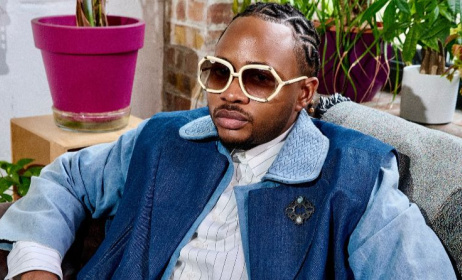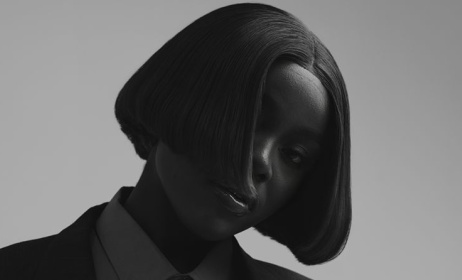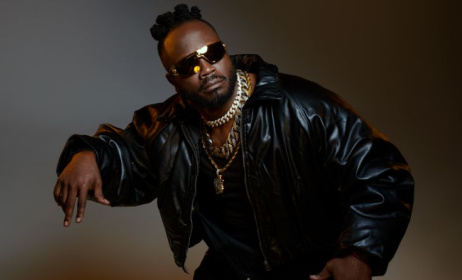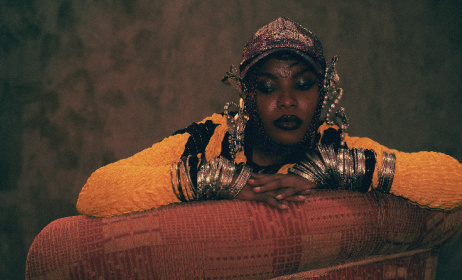Behind the scenes of Afro-fusion in Uganda
Pearl Rhythm Festival was started by the Pearl Rhythm Foundation to introduce and strengthen traditional and fusion music in Uganda. Later this month, the festival will open the doors to its seventh edition.
 Suzan Kerunen says young audiences are warming up to Afro-fusion. Photo: Ivan Kimera
Suzan Kerunen says young audiences are warming up to Afro-fusion. Photo: Ivan Kimera
In an effort to promote less-popular genres, the foundation holds a monthly series called the Pearl Rhythm Activation, a mini-festival held at the National Theatre in Kampala on the last Monday of every month between May and September.
“We host the activations for free in partnership with the Uganda National Cultural Centre,” festival founder and musician Suzan Kerunen says. “We aim to create an identity for Ugandan music, professionalise the industry with good, unique and sustainable music and create a platform for a generation of artists who value grassroots and culture in their music.”
This year’s season has seen performances by Andereya Baguma, Lawrence Matovu, Buka Chimey with the Unique Arrangements Band, Sheba Shahai and Pelindah.
Kerunen says Afro-fusion has never been in a position to compete with the mainstream and that the money always ends up going to events that attract corporate sponsorships as opposed to upholding cultural identity. She says a lack of infrastructure combined with rampant piracy has made it difficult for alternative musicians to make a living off their music, while pop artists remain the sole earners in the country.
“Festivals and concerts geared towards modern and emerging sounds have proven to be a major money maker in this competitive industry that sees a good number of festivals and concerts each year,” she says.
Sandra Nankoma believes that Afro-fusion artists are equally talented to compete with those in the mainstream, as long as their music is of equal quality. "Only then can we get an opportunity to widen our fanbase and take our careers to a higher level," she says.
Nankoma, who is a 2019 All Africa Music Awards (AFRIMA) winner, says many Afro-fusion artists also need more experience in live performance, which is difficult to acquire due to a lack of platforms that host such acts.
On 4 October, Nankoma curated her maiden concert called the Black Dame Experience. She says the biggest challenge when organising the event was financing.
“Sponsors have not yet fully tapped into this kind of music, but we can always try to keep engaging them,” Nankoma says. "As Afro-fusion artists, we will always struggle to make it even when there are opportunities directed to us. For example, I have been nominated to participate at Visa For Music [music trade event in Morocco]. I have been searching for a travel sponsor and even applied for travel grants with no luck. I hope the corporates can buy into our music and support our elevation to the global stage, because we have the potential."
But Kerunen says there is a newfound desire for homemade music, particularly with younger Africans living in urban areas. She says pop musicians have also started looking at indigenous sounds for inspiration.
“We have managed to create an audience that values this art, and yes, they purchase tickets to these types of concerts,” she says. “Our biggest audience is the young people. They love traditional instruments, and they love live music. Ironically, the upcoming mainstream artists are now incorporating folk elements in their music.”
Pearl Rhythm Festival returns at the Uganda National Cultural Centre on 26 October with a bold line-up celebrating the indigenous cultures of Uganda, including Kenneth Mugabi, Anne Kansiime, Xenson Senkaaba, Daphine Achiro, Akongo Sings, Pelinda, Baguma and Brian Busuulwa. The line-up will also feature the DRC's Jackson Kalimba.
“We usually have four new acts out of the foundation's Stage Coach programme. So they are not known yet but are really good. The festival is usually their first appearance on a big stage. Kalimba is on our line-up because of a collaboration we are doing with the Congolese embassy to support refugees and strengthen collaborations," Kerunen said.






























Comments
Log in or register to post comments